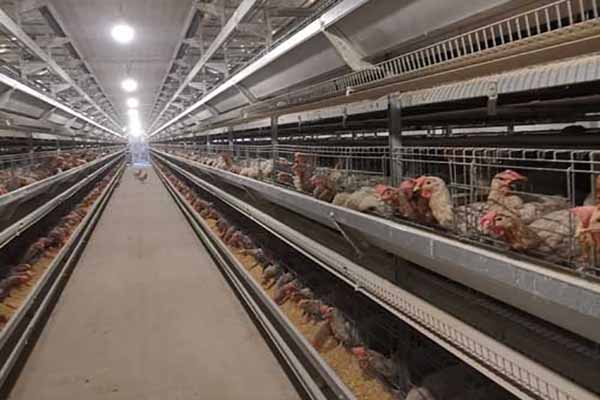How to Start a Commercial Egg Production Farm
Starting a commercial egg production farm is a significant venture that requires careful planning and execution. Whether you’re an experienced poultry farmer or a beginner looking to enter the industry, this guide will help you navigate the key steps to get your egg production farm up and running.
1. Market Research and Planning
Before diving into the egg production business, it’s crucial to conduct thorough market research. Understand the demand for eggs in your area, the competition, and the pricing strategies of other producers. This will help you determine the scale of your farm and the type of eggs you’ll produce (e.g., organic, free-range, or conventional).
2. Selecting the Right Location
The location of your farm is critical for its success. Look for a site that offers easy access to transportation, reliable utilities, and a suitable climate for poultry farming. Consider the proximity to suppliers and markets to minimize costs and ensure efficient operations.
3. Designing the Farm Layout
A well-planned farm layout is essential for smooth operations. Ensure that your farm has adequate space for the chickens, feed storage, water supply, and waste management systems. Consult with experts to design a layout that maximizes efficiency and comfort for your birds.
4. Choosing the Right Breed
Selecting the right chicken breed is crucial for egg production. Different breeds have varying egg-laying rates, feed conversion ratios, and growth rates. Research and choose a breed that aligns with your farm’s goals and market demand.
5. Building Infrastructure
Constructing the necessary infrastructure includes building chicken houses, laying out nesting boxes, and setting up feeding and watering systems. Ensure that your infrastructure is designed to promote the health and welfare of your chickens while minimizing the risk of disease.
6. Health Management
Implement a comprehensive health management program to prevent and control diseases. This includes regular vaccinations, proper biosecurity measures, and regular veterinary check-ups. A healthy flock is crucial for consistent egg production.
7. Feeding and Nutrition
Feed is a significant cost in egg production. Provide a balanced diet that meets the nutritional requirements of your chickens. Consider the quality of feed and its impact on egg quality and cost.
8. Egg Handling and Processing
Learn the best practices for collecting, handling, and processing eggs to ensure quality and safety. Proper storage and transportation are also essential to maintain egg freshness.
9. Marketing and Sales
Develop a marketing strategy to sell your eggs. This may include direct sales to consumers, distribution to retailers, or partnerships with restaurants and foodservice providers. Understand your target market and tailor your sales approach accordingly.
10. Equipment and Machinery
Invest in high-quality equipment and machinery to streamline your operations. As a professional supplier of poultry farming equipment, LIVI Machinery offers a range of solutions to meet your needs. From feeders and waterers to egg collection systems, we have the equipment to help you succeed.
Contact us today to learn more about our products and services, and how we can support your commercial egg production farm.

